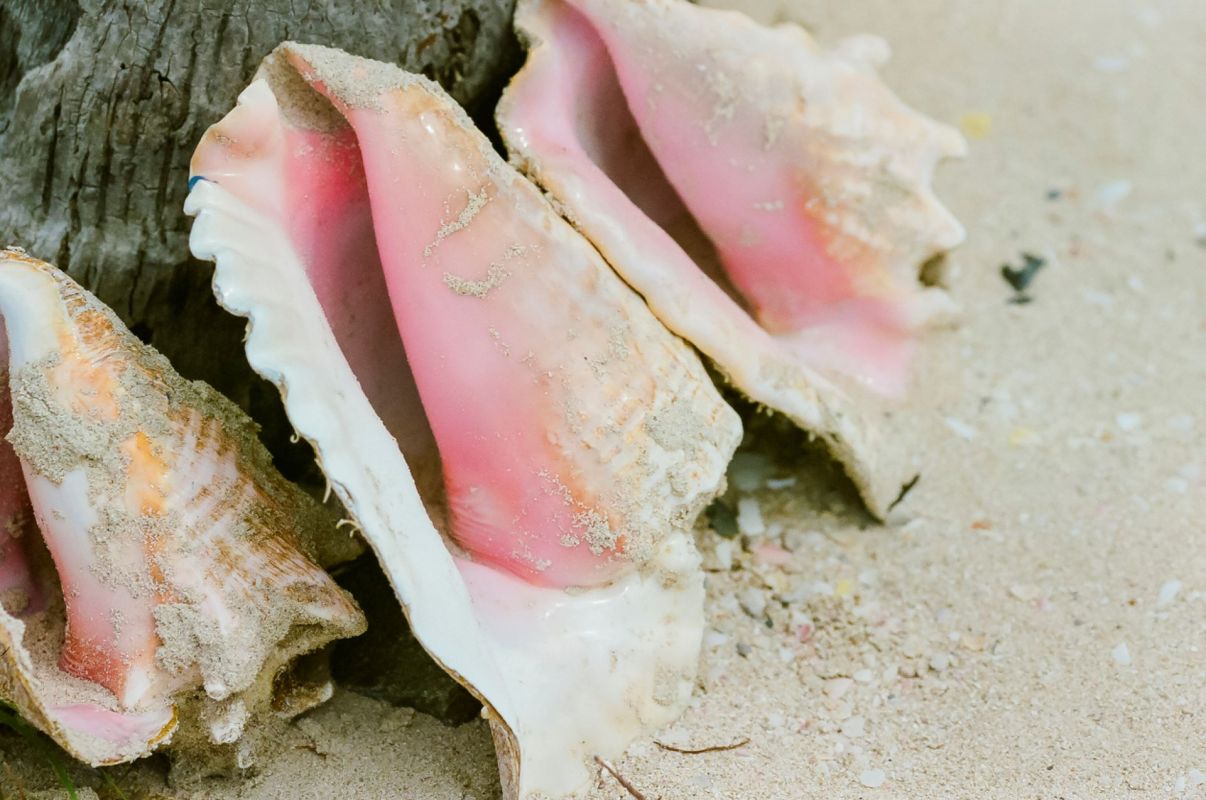Mexico is one of the most biodiverse countries in the world, joining 16 others on the list of "megadiverse" nations, according to World Atlas. Conservationists are sounding the alarm, however, over the government's handling of the country's endangered species list.
What's happening?
The Associated Press reported that Mexico hasn't updated the endangered species registry since August 2019, even though the law mandates it to do so every three years.
"Even if you have the hard data, the scientific information to prove that one species is really endangered, the process is not open," Alejandro Olivera, a marine biologist at the Center for Biological Diversity, told the news outlet.
This has led to what appears to be an outdated list. Per the AP, the International Union for Conservation of Nature lists 1,500 species in Mexico as endangered or critically endangered, while Mexico's official tally for "endangered" (its most at-risk rating) is not even half that amount.
The queen conch is among the species that conservationists have been monitoring for inclusion on the list, as its numbers have continued to decrease even though the Mexican government has limits on catching the shellfish, going as far as to ban the harvesting of it over a five-year span beginning in 2012, without listing it as endangered.
Mexico held its national conservation day in November, though Olivera called out the government for apparent greenwashing in the AP report, saying it told "lies or half-truths" about the numbers of remaining vaquitas, the world's smallest whales, which number as few as 10 left in the wild.
Why is this concerning?
While there are nearly 200 countries, the 17 megadiverse nations house 70% of biodiversity worldwide, as reported by PBS.
Sadly, species have been dying off at significantly higher rates in the modern era, with the Living Planet Index finding that monitored wildlife populations have dropped by 69% on average since 1970.
As biodiversity is lost, so is the built-in balance of the ecosystem. That can have ripple effects that negatively impact wildlife, plants — from which many medicines are derived — and humans alike.
What can be done about the endangered species list?
Some countries have had success with speeding up the record-keeping process.
As detailed by the AP, the United States utilizes a rolling-basis system that requires a response within 90 days. Rodrigo Jorge, a government biologist in Brazil, created a similar (unofficial) rolling method for his country that is expected to produce "the fastest turnaround since the country began categorizing endangered species."
The U.S. and Brazil are also megadiverse nations.
Out-of-date or incomplete records make it more difficult to hold corporations or governing entities accountable when something is amiss, but getting involved in local eco-friendly efforts can raise awareness, spark meaningful conversations, and create positive change over time.
Join our free newsletter for weekly updates on the coolest innovations improving our lives and saving our planet.









